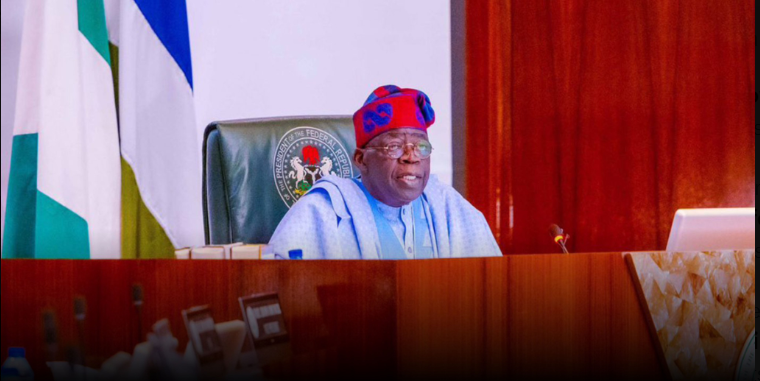President Bola Tinubu’s administration is poised to implement groundbreaking tax reforms in Nigeria, which include the establishment of a single revenue agency, the Nigeria Revenue Service (NRS). This initiative aims to consolidate revenue collection functions currently executed by various government agencies. Notably, the proposal entails removing revenue generation responsibilities from agencies such as the Nigerian Customs Service, Nigerian Ports Authority, and approximately 60 others, with the intent to enhance the efficiency of tax collection and ultimately boost the nation’s revenue generation capability. This move comes against the backdrop of Nigeria’s ongoing struggle with low tax-to-GDP ratios—currently below the African average—which has led to fiscal deficits and excessive borrowing to fund public expenditures.
On a legislative front, President Tinubu has presented four significant executive bills to the National Assembly aimed at reforming the tax landscape in Nigeria. These bills reflect urgent changes needed to address the nation’s revenue collection inefficiencies and are particularly designed to meet a proposed tax-to-GDP ratio target of 18 percent. Among the proposed changes is the renaming of the Federal Inland Revenue Service to the Nigeria Revenue Service, although sources confirm that this will not lead to a merger of agencies but will rather focus on transferring the revenue collection functions to the new entity. The President underscored the importance of this transformation by emphasizing that it would create a more streamlined system, thereby ensuring that all taxable entities fulfill their obligations and contribute to the public purse.
Tinubu’s reform agenda includes a broader array of comprehensive policy frameworks intended to revamp Nigeria’s taxation system. These frameworks include measures like the Nigeria Tax Administration Bill, which strives to foster a clear and efficient tax compliance regime while reducing disputes. Additionally, a Joint Revenue Board Establishment Bill aims to create platforms for harmonizing revenue administration and resolving disputes therein. As articulated by President Tinubu, the expected impact of these reforms extends beyond just enhancing revenue collection; it is also anticipated that they will stimulate investment and consumer spending, resulting in accelerated economic growth.
The timing of the proposed bills aligns with ongoing discussions in the Nigerian legislature, particularly with the Speaker of the House of Representatives confirming their agreement with the objectives presented by Tinubu’s administration. The consolidation of other financial bills further underscores the intent to ensure prudent management of resources and reinforce transparency in fiscal operations. The House leadership has taken steps to bring these reforms to the forefront of legislative debate, emphasizing their importance for fostering economic stability.
These tax reforms are grounded in recommendations from the Presidential Fiscal Policy and Tax Reforms Committee, chaired by Taiwo Oyedele. Oyedele has advocated for reducing the tax burden on vulnerable sectors while shifting that responsibility to wealthier segments of society. He emphasized a fiscal policy transformation that targets a comprehensive restructuring of existing tax laws and practices to better encompass various tax issues, thereby creating a more taxpayer-friendly environment. A significant aspect of this reform movement is a commitment to redefining how the collection functions within various government agencies are conducted to optimize performance effectively.
However, skepticism regarding the feasibility and implications of these changes has emerged from various stakeholders, particularly those familiar with the complexities of revenue collection. Critics argue that reallocating revenue collection duties could lead to significant operational challenges, given that agencies like the Customs Service already have established expertise in this area. They caution that substituting existing agencies with a central office may not yield the anticipated efficiency improvements without additional considerations, such as extensive training for personnel. While proponents of the bills view them as a well-structured plan to resolve Nigeria’s revenue challenges, the debate surrounding the nature and implementation of these reforms reflects a broader discussion on the future of fiscal policy in the country.














